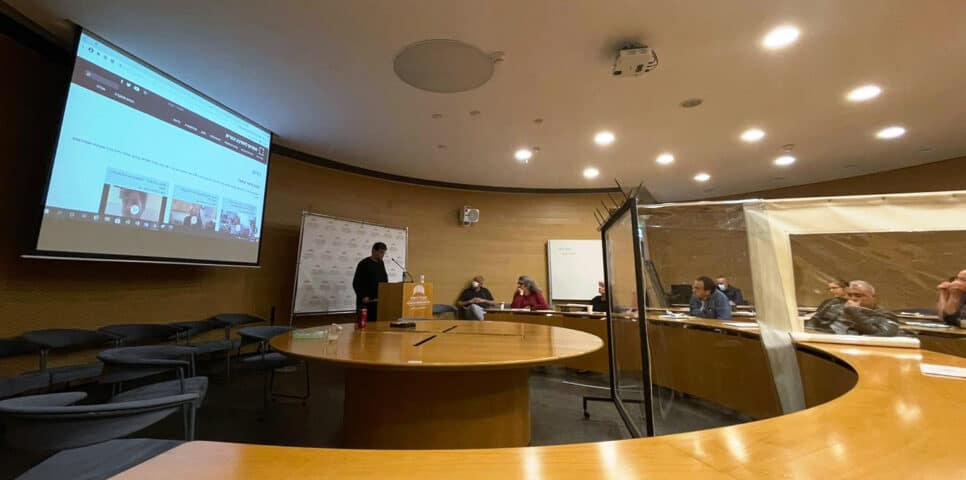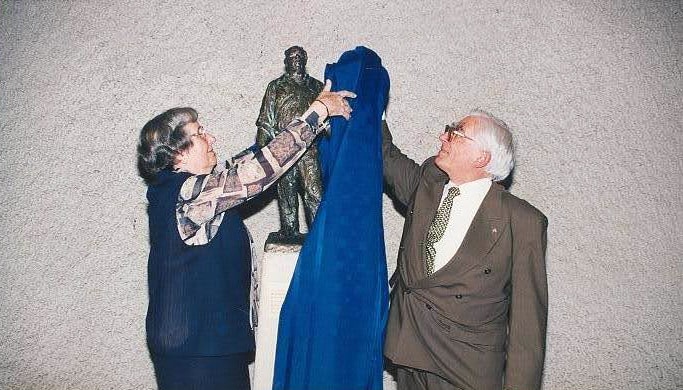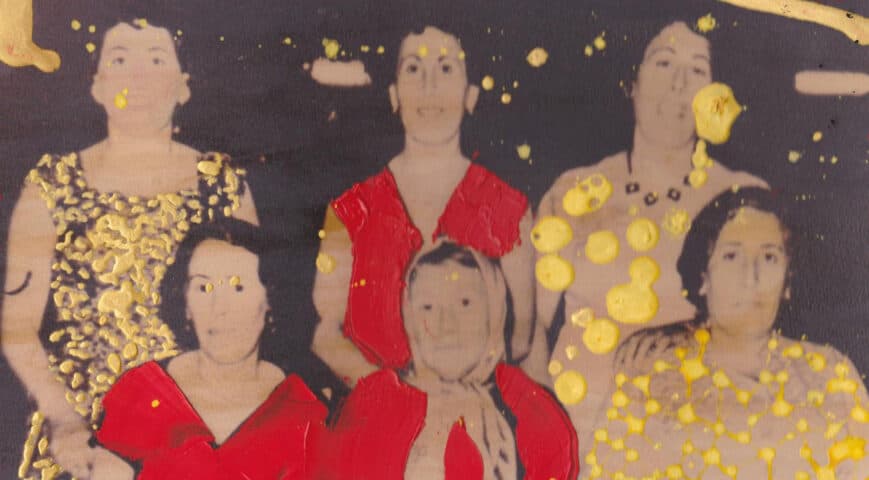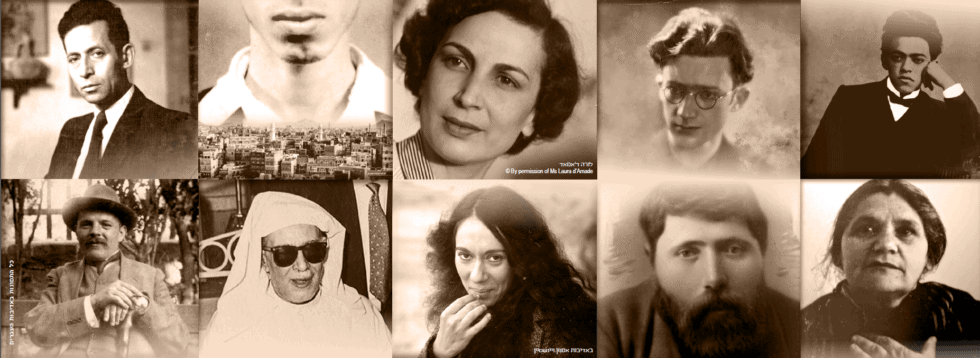Reading father for the first time
Daniel Jonas, Yael Shalev-Vigiser | 21.07.2020 | Photo: Screenshot from Nightly News, Kan 11, June 24, 2020
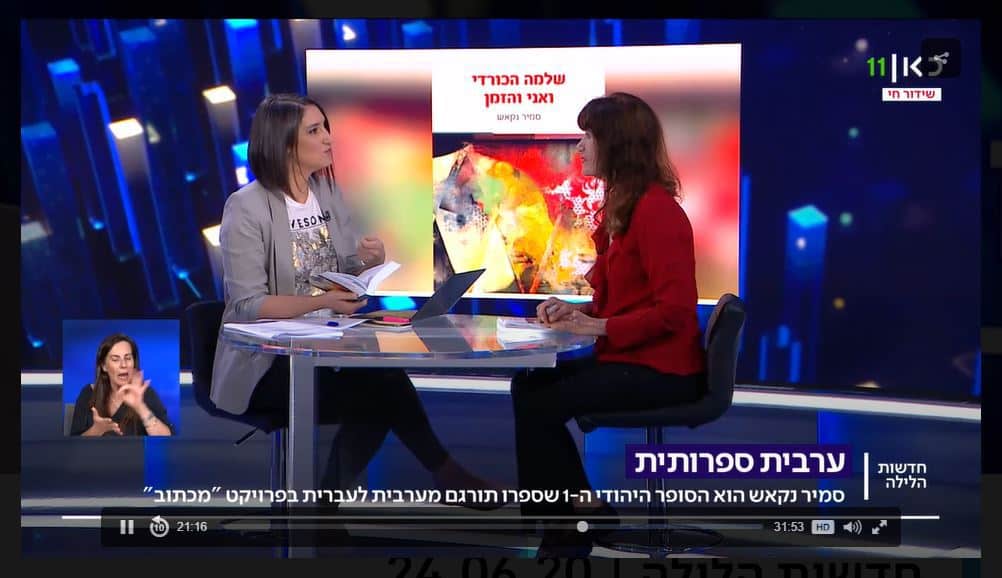
The novel “Shlomo the Kurd, Me and the Time,” by Samir Naqqash, came out in May 2020 as part of VLJI’s Maktoob Series. Samir Naqqash was one of the greatest Jewish-Iraqi authors of the twentieth century, and wrote only in Arabic. As a result, his books were hardly read at all: niether by Israeli Jews, because they were written in Arabic, nor by Arabs, because they were written by a Jew. In fact, even his own children could not read his writings in the original. This is the first of Naqqash's novels to appear in Hebrew, translated by his sisters Samira Yosef and Ruth Naqqash-Vigiser (who was interviewed about the book on the Nightly News on June 24, 2020, from 19:09).
In an interview with Prof. Yehouda Shenhav-Shahrabani and Samir’s son, Zion Naqqash, on Kan Tarbut (June 4, 2020, from 33:17), Prof. Shenhav-Shahrabani said the publication of the novel in Hebrew would finally expose the Israeli public to the greatness of Naqqash, sometimes called “the Bashevis Singer of Mizrahi Jews.” Zion Naqqash said growing up with an author such as Samir for a father was a great honor. Their home was a site of pilgrimage for researchers, authors, and literati from the whole Arab world. However, Zion noted that he, like the other members of the family, did not understand the Arabic – creating a major gap. Reading his father's book for the first time now that it was translated into Hebrew was a moving experience for him.
The publication of the book is a wonderful opportunity to talk about Arabic as a language that bridges between the two peoples, and to use the story as a prism through which to examine the issue of Mizrahim in Israel, who live in tension between their Arab past and heritage, the Israeli-Arab conflict, and their affiliation with the Western world and culture. The Arabic language helps to understand the region and its peoples and to strengthen relations between Jews and Arabs based on recognition, understanding, and empathy.
The Van Leer Jerusalem Institute has two projects directly concerned with the Arabic language: the Translators’ Forum including Jews and Arabs – translators, editors and researchers, who view their craft as an act of creation through words, as well as cultural and political action in the world. Likewise, the “Arabic and the Challenge of Thought” research group, which seeks to find ways in which the Arabic language can serve as a tool to transmit wisdom between the cultures and a means to encourage profound and incisive thought, especially considering the present colonialist situation.

